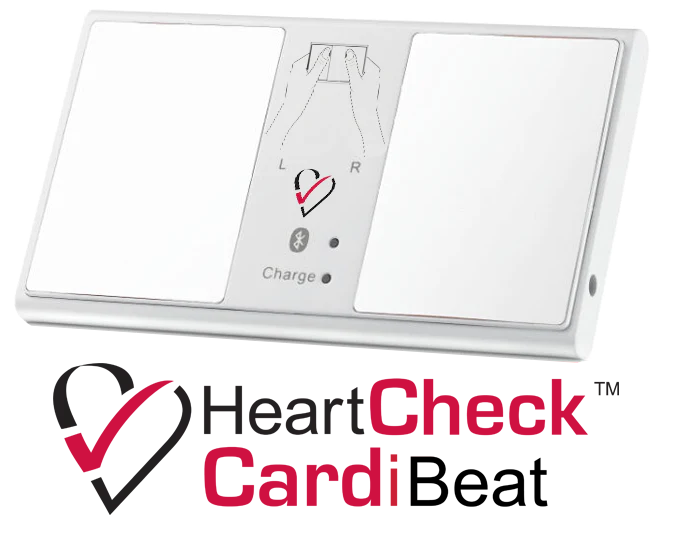TORONTO, ONTARIO – CardioComm Solutions, Inc. (TSX VENTURE: EKG) (“CardioComm” or the “Company”), a global medical provider of consumer heart monitoring and electrocardiogram (“ECG”) acquisition and management software solutions, confirms completion of a six month collaborative project with researchers at the University of Victoria, Canada, leading the way to a release of artificial intelligence (“AI”) enhancements to CardioComm’s Global ECG Management Solution (“GEMS™”) and reporting software technologies (“GEMS™ Rhythm”).
GEMS™ Rhythm will support the management of large-scale, long-term ECG data recordings on computers and smartphones.
CardioComm provides innovative software solutions for information management systems in cardiovascular medicine, telemedicine and consumer markets supporting near real-time ECG transmitting devices for a range of ECG monitoring use cases including recording periods from a few seconds to up to 30 consecutive days. CardioComm’s software is device-agnostic providing a market advantage by allowing it to be plug and play with many different approved outpatient and over-the-counter (“OTC””) ECG recording devices. Not all such devices are capable of ECG arrhythmia classification and so the burden of analysis will reside server-side in the hands of ECG technicians and physicians or on Smart devices as point of care diagnostic tools. New generations of wearable and smaller devices with less firmware based processing capabilities are being developed that will place more ECG management responsibility software side.
GEMS™ Rhythm will provide fast and accurate review of very large ECG data pools and will address important challenges in the denoising and processing of ECG data where recording quality is not optimal or where ECGs are recorded from different devices with different sampling rates. While GEMS™ Rhythm classifies ECGs for the presence of clinically-relevant abnormalities, it will do so while using much less computational power, allowing it to be run much faster on weaker platforms such as embedded microcontrollers. GEMS™ Rhythm will also be capable of running on smartphones, removing the need for immediate access to cloud-based systems for the collection and interpretation of ECG data.
The work conducted with the University of Victoria was funded in part by the Government of Canada through an Engage Grant set up to facilitate university-industry partnerships. Under the terms of the grant, any intellectual property (“IP”) arising from the project belongs to CardioComm. The Company expects to use the IP in three separate FDA software-as-a-medical device applications. The first application will be for GEMS™ Rhythm itself, which will provide a full suite of arrhythmia detection tools designed to support hospital and ECG scanning service installations of GEMS™. The second and third applications, named GEMS™ AF and GEMS™ QT, will both be marketed as smartphone applications used for AF detection and QT interval determination, respectively. QT interval abnormalities are seen simply as aberrantly shorter or longer parts of an ECG trace that is associated with sudden cardiac death. These interval abnormalities are sometimes seen in athletes and in patients prescribed certain medications.
To learn more about CardioComm’s products and for further updates regarding HeartCheck™ ECG device integrations please visit the Company’s websites at www.cardiocommsolutions.com and www.theheartcheck.com.

